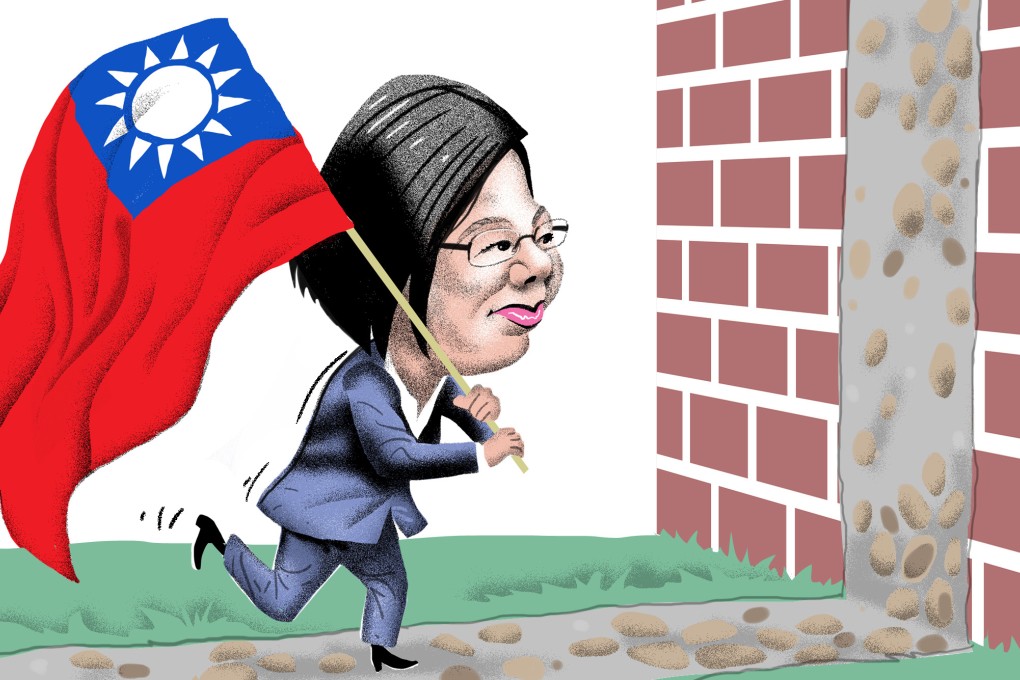Sooner or later, Tsai must face up to Taiwan’s political and economic realities
Zheng Yongnian says the president-elect will have to adjust her pro-independence stance after taking office, given that China is strong enough to stop any moves in that direction


READ MORE: Pioneers of politics – Tsai Ing-wen joins Asia’s growing list of women who lead their countries
Tsai has been trying every possible way to dishonour the “1992 consensus” [an understanding that there is only “one China”, but each side can have its own interpretation], saying that it is only one option. In fact, Taiwan has no options. Mainland China has already grown very strong; strong enough to stop Taiwan gaining independence. When Ma Ying-jeou and Xi Jinping (習近平) met in Singapore recently, they both took the “1992 consensus” as the bottom line, which mainland China considers to be the line that Taiwan cannot cross.

Economically, Taiwan relies heavily on mainland China. Where Taiwan’s development is concerned, it should be realised that capitalism has its own logic which conflicts with political ideology. Tsai has to be realistic about this.

Capitalism has its own logic which conflicts with political ideology
On the cross-strait issue, we need to remember that the US – as well as Taiwan – would benefit most if Tsai could attain peaceful independence during her term. But, of course, there is no way China would allow that to happen. On the premise that Taiwan will not gain independence, maintaining the status quo will be in the best interests of the US. This is the bottom line for both Washington and Beijing.
The problem is that Sino-US relations have been far from sound of late, following Washington’s strategic misjudgment in which it considers China to be challenging its hegemony. This has led the US to seek to constrain China by any means. Against this backdrop, Taiwan becomes an ace in the pack for the US. But the reality is different: How willing is the US to have an open showdown with China over Taiwan?